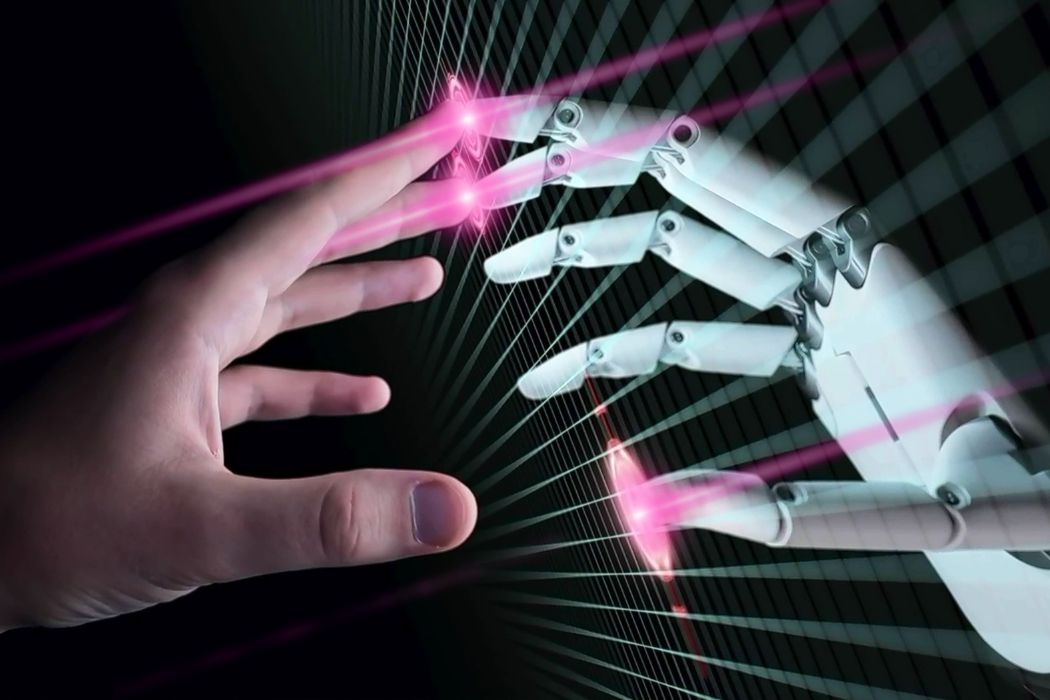As technology continues to advance, robots are becoming more integrated into our daily lives. From manufacturing to healthcare, robotics is revolutionizing the way we live and work. With the rise of robotics, the world as we know it is being transformed in countless ways.
The Evolution of Robotics
Robotics has come a long way since its inception. In the early days, robots were simple machines that performed simple tasks. Today, robots are equipped with advanced artificial intelligence and the ability to learn, making them capable of performing a wide range of tasks. As a result, robotics has become an increasingly important part of our lives, and its impact is only expected to grow in the years to come.
The Benefits of Robotics
The use of robotics has numerous benefits, including increased efficiency, improved accuracy, and lower costs. In manufacturing, robots can work 24/7 without taking breaks, leading to higher productivity and reduced costs. In healthcare, robots can assist doctors and nurses in performing surgeries, leading to improved patient outcomes and reduced errors.
In addition to these benefits, robotics also has the potential to create new jobs. As the use of robots becomes more widespread, demand for engineers, technicians, and other professionals who are able to work with robots will also increase. This presents a unique opportunity for people to build new careers in the field of robotics.

The Challenges of Robotics
Despite its many benefits, the rise of robotics also presents several challenges. For example, as robots become more integrated into the workforce, there is a risk that they will displace human workers. This is particularly true in industries that rely heavily on manual labor, such as manufacturing and construction.
Another challenge posed by robotics is the ethical implications of using artificial intelligence. As robots become more advanced, there is a risk that they could be used for malicious purposes, such as cyber attacks. Additionally, the increasing use of robots raises questions about who is responsible when things go wrong.
The Future of Robotics
Despite these challenges, the future of robotics looks bright. As technology continues to advance, robots will become even more advanced, capable of performing even more complex tasks. In the future, we can expect to see robots that are able to work collaboratively with humans, leading to even more efficient and effective work processes.
Additionally, the use of robotics is likely to continue to expand, with new applications being developed in a wide range of industries. Whether it is in manufacturing, healthcare, or other areas, robotics has the potential to have a major impact on our world.
Conclusion
The rise of robotics is transforming our world in countless ways. From increased efficiency and improved accuracy to new job opportunities, the benefits of robotics are numerous. However, there are also challenges that come with the use of robotics, including the displacement of human workers and ethical implications of using artificial intelligence. Despite these challenges, the future of robotics looks bright, with the potential to have a major impact on our world in the years to come.
